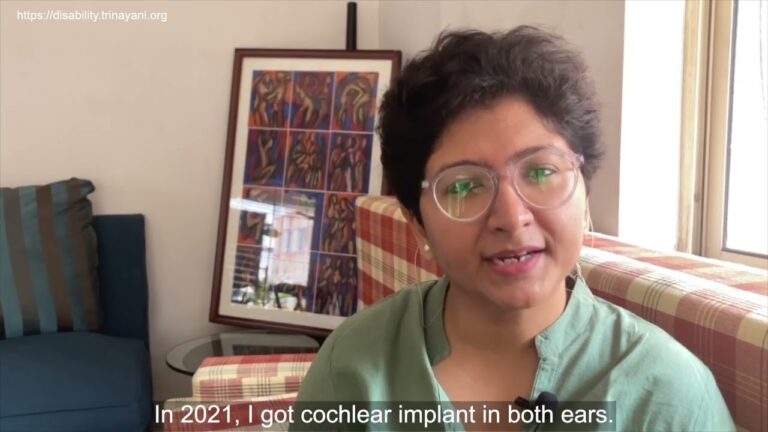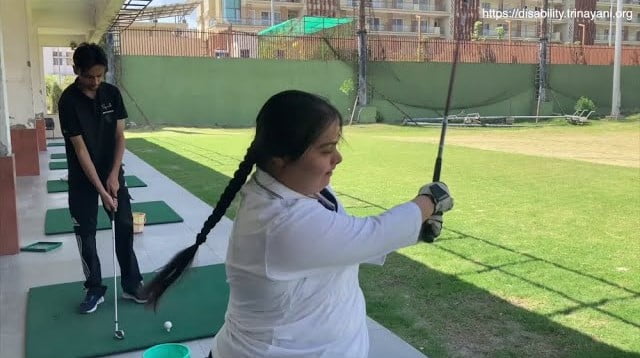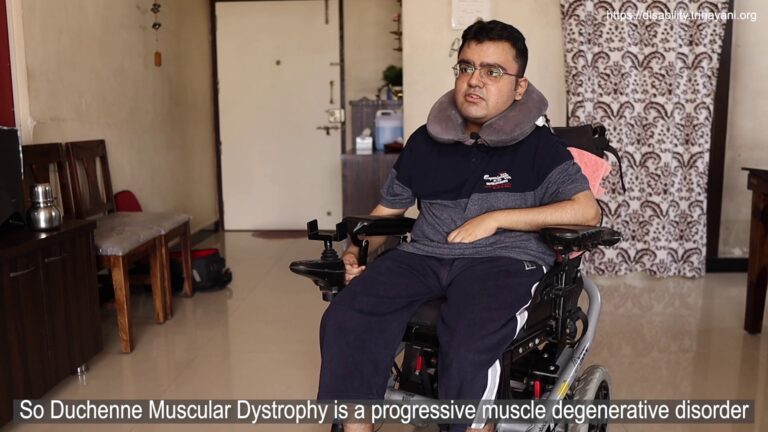Disabled Activist
Share
Let’s meet Ashe Kiba, a disability rights advocate. She stands tall as a changemaker, reshaping conversations around inclusion and representation of persons with disabilities. In this film, through personal reflections and hard-earned insights, Ashe takes us through the barriers she’s faced, the questions she’s wrestled with, and the future she’s building, not just for herself, but for others like her.
You can navigate to the specific topics using the following chapters:
00:00 – Ritika Sahni’s introduction to the film
00:20 – Ashe. H. Kiba
Smart Tags
activism, barriers, Congenital Upper Limb Difference, inclusion, representation
More Videos
Learn more about disabilities and inclusion

Sneha Das Gupta (Deafness)

Bulbul Dhingra (Down Syndrome)

Rohini & Vinod (Locomotor Disability)

Pragya (Acid Attack Survivor)

Dhruv (Duchenne Muscular Dystrophy)

